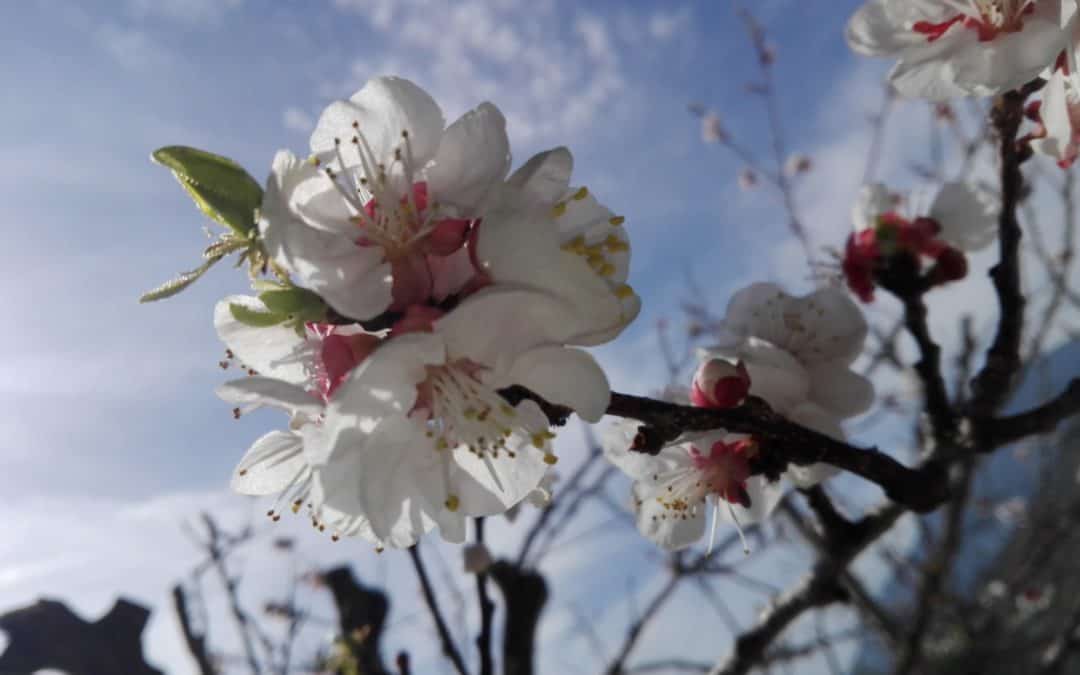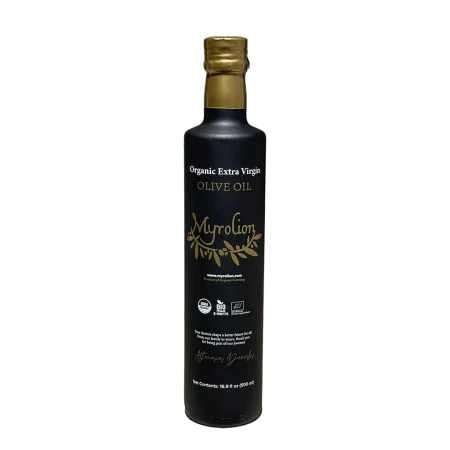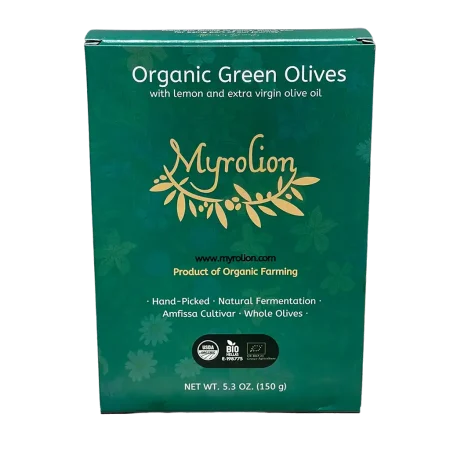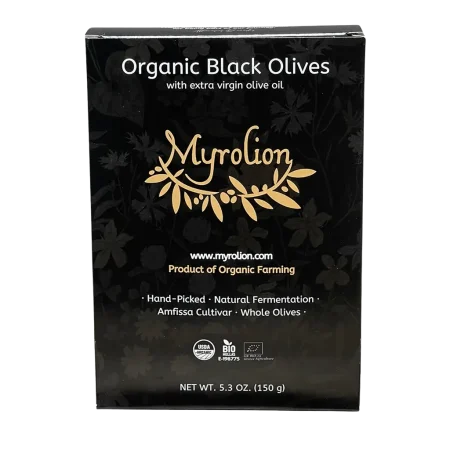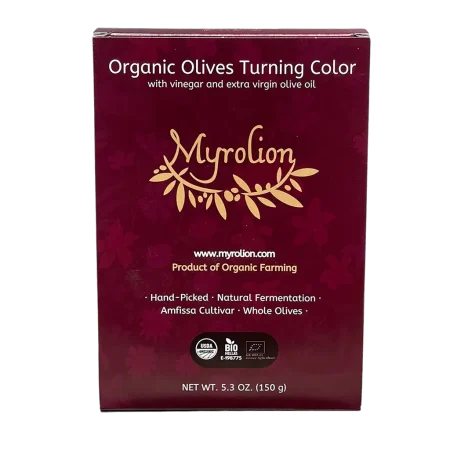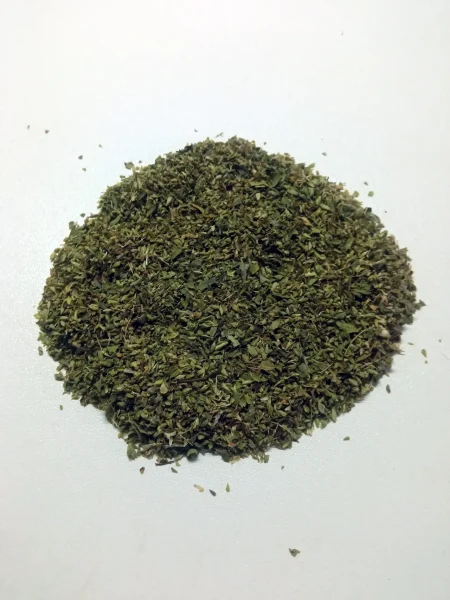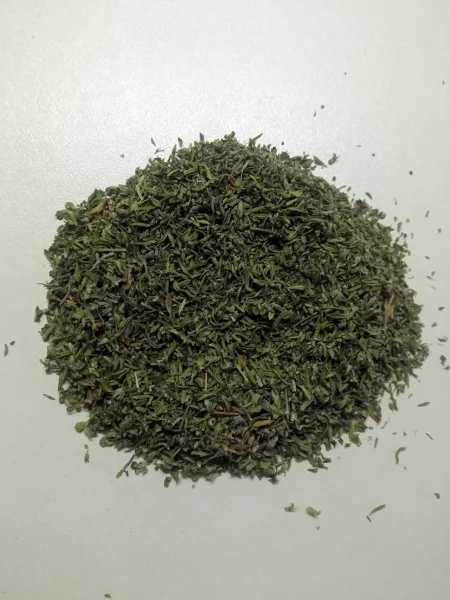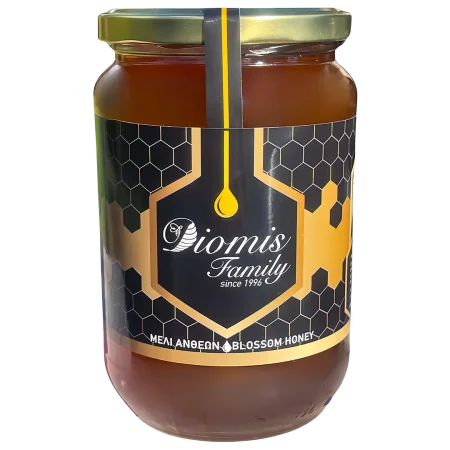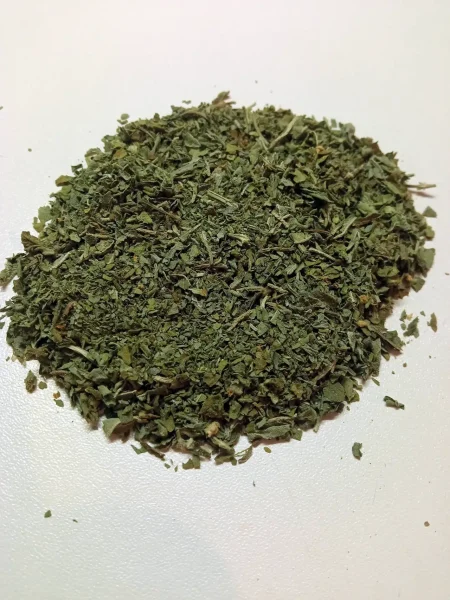We usually perceive organic products from a consumerist point of view; There are no pesticides or herbicides to sneak into our meals. And that’s great.
But, as a producer who spends days on his groves, I believe there’s another even more important aspect.
A New Way to Look at Organic EVOO
Put simply, my olive groves look like natural olive forests. My trees are part of a greater ecosystem in which all forms of life are respected and allowed to bloom. In return, all those beautiful bugs and flowers which embrace my trees are practically a great source of nutrients. Sometimes we fail to see the connection, which is indirect yet crucial.
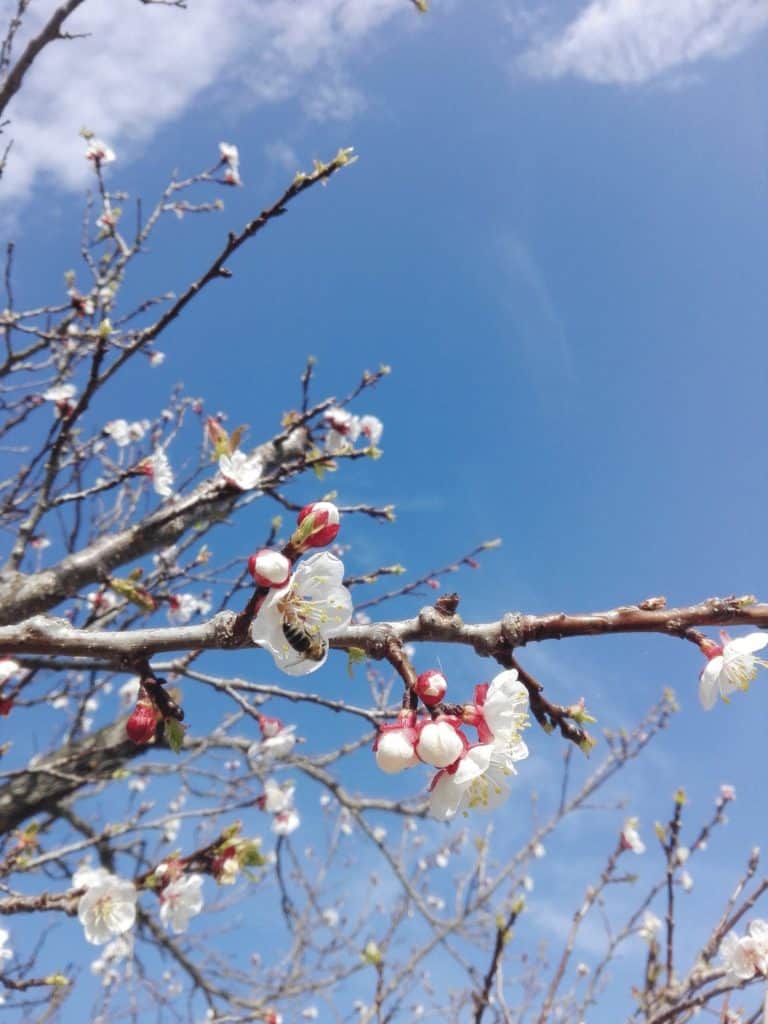
In an organic grove the natural balance leads to a cheap relative abundance. The ecosystem is self-nurtured, as a result cultivation costs are lower.
Another very interesting result of organic cultivation is that my family has the ability to enjoy all this ecosystem has to offer, not just the olive fruit, from mountain weeds and oregano to wild asparagus and mushrooms. In the long run it’s a win-win situation.
Oh and we don’t get to damage our health in the process.
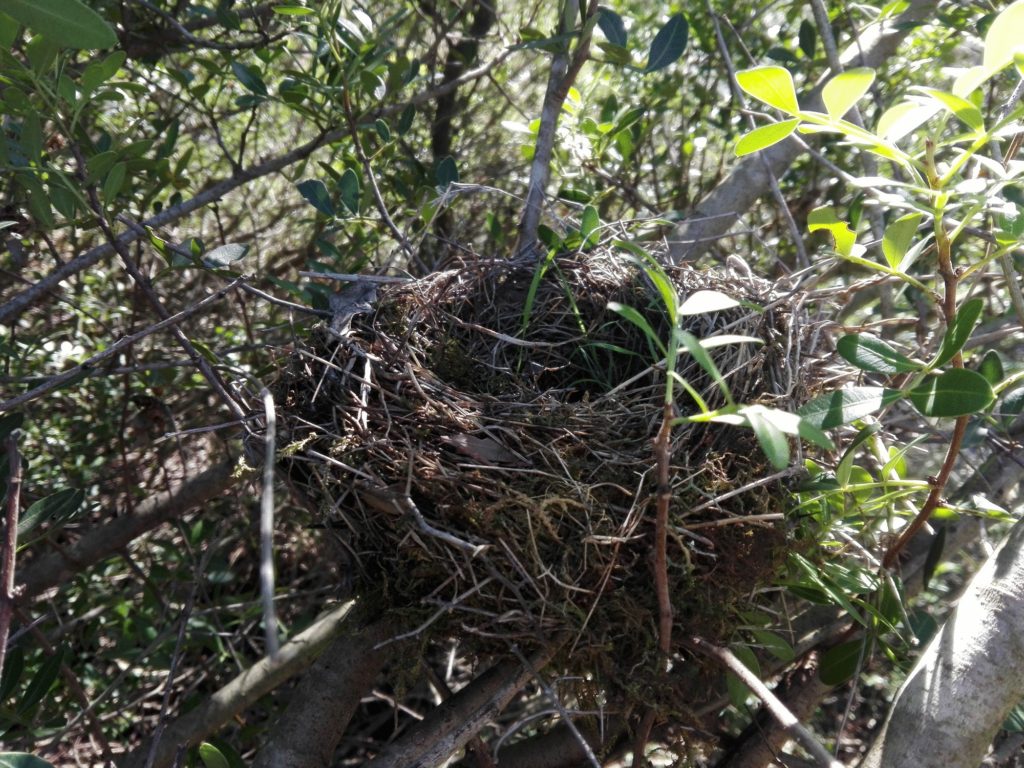
But is Organic a synonym of Sustainable?
This is a tough question. It depends on the motives through which the organic approach is achieved. Consumers become smarter day by day. As a result demand of Organic products is increasing. However, Organic yields are typically lower than conventional ones. So what happens next? Do we use more land, more resources, more unsustainable practices?
When it comes specifically to Greek olive groves the land is limited and most olive groves are already hundreds (If not thousands) of years old. So, thankfully, there is no much room for greediness as it happens with other products such as organic soy. Greek conventional groves are turned into organic ones, rather than more land being used for new organic groves. As a result the more organic groves we have in Greece the more Sustainable our model becomes.Also, in my opinion, Greek producers who cultivate organically are not motivated by profit/yields (since the internal market – in which producers mainly have a direct access – doesn’t quite care for Organic products) but they make this choice for their own health. Summing up, Greek Organic EVOO is Sustainable but the same cannot be said for all Organic products.
Greek Organic EVOO is a finite concept. Consumers, distributors and retailers will slowly start realizing how “Organic” and “Sustainable” are related eventually leading to a higher value for “Organic = Sustainable” products (such as Greek Organic EVOO) and a lower value for Organic yet not Sustainable products.

